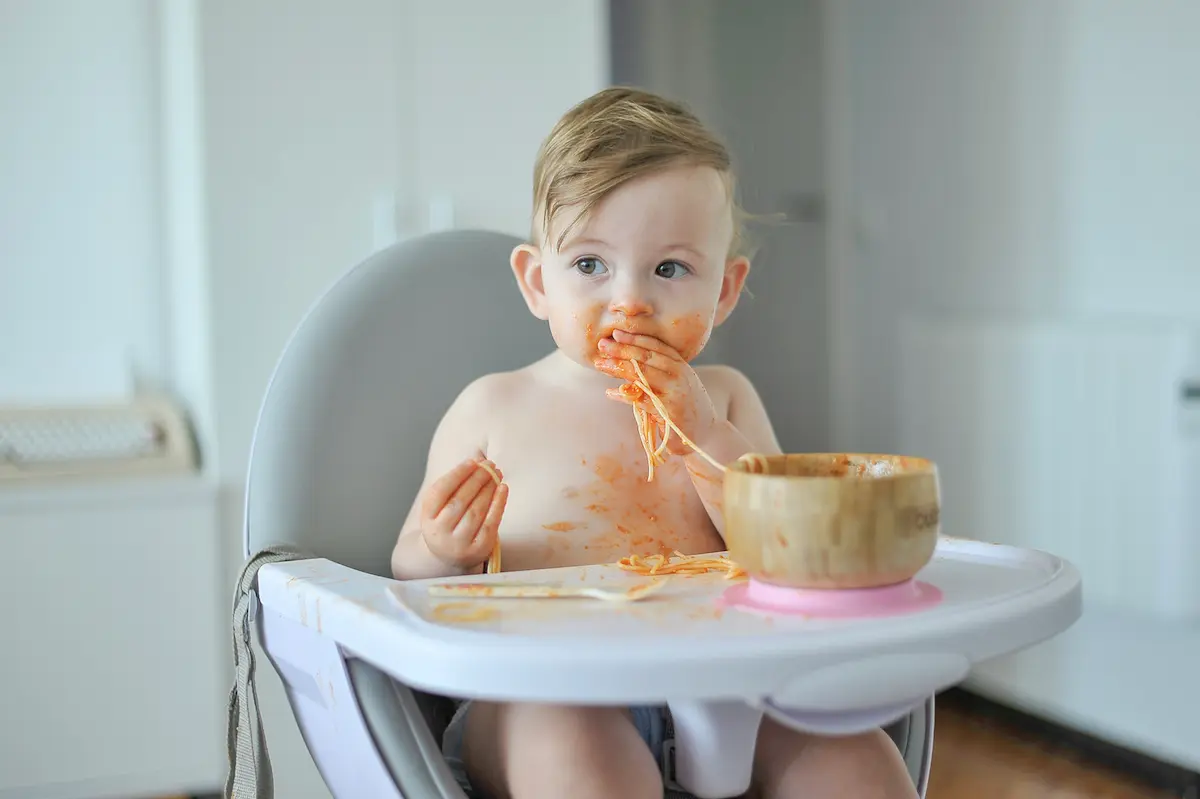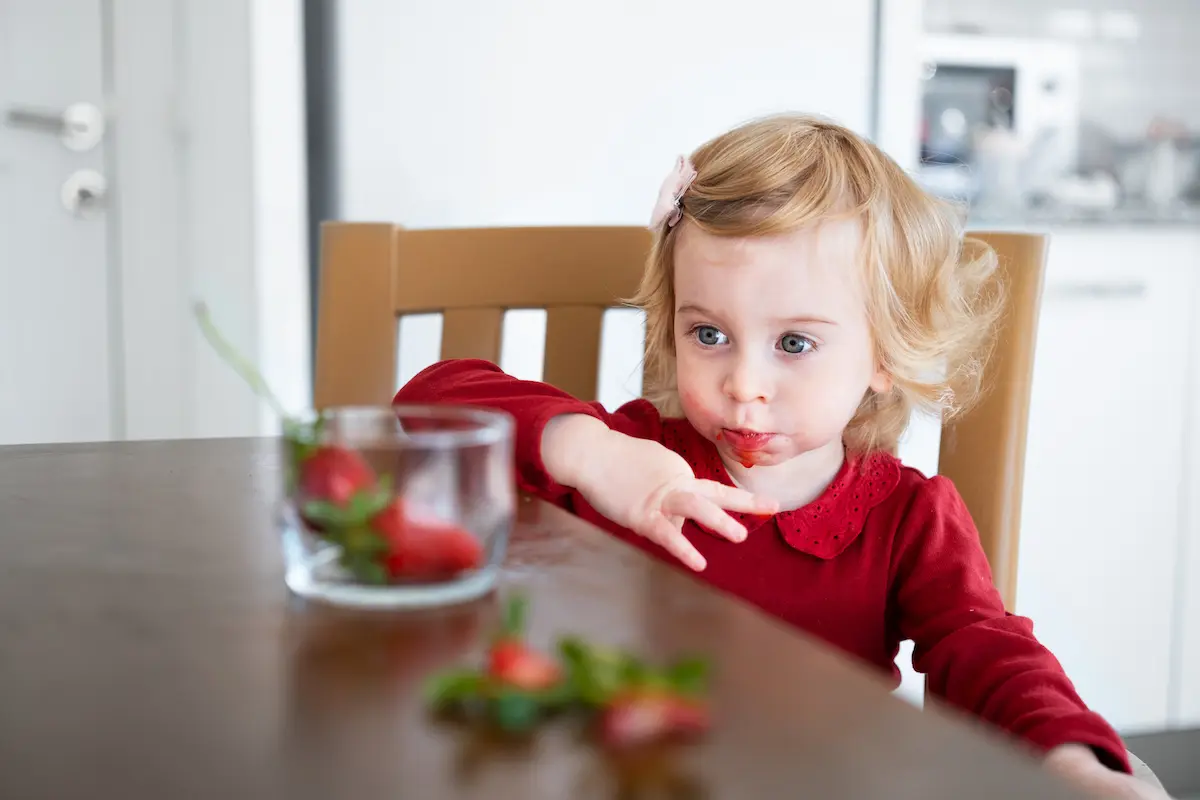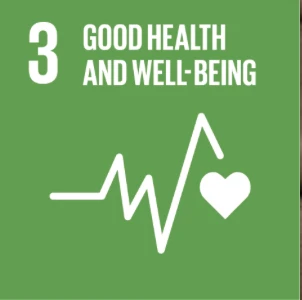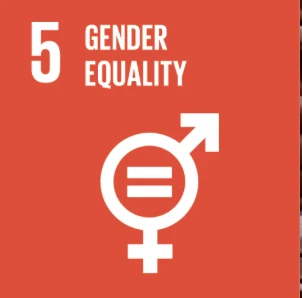Have you heard of the terrible twos?
At the age of 2, toddlers’ autonomy and development is at a far more advanced stage and they start expressing their wishes more decisively. This can often be problematic because they have not yet developed the necessary tools to be clear and assertive. The terrible twos is a stage of multiple changes that will more likely than not mark the beginning of the well-known tantrums.
Why do tantrums happen?
Between the ages of 2 and 3, tantrums tend to become much more common. They happen for different reasons, i.e. children may be tired, hungry, upset, uncomfortable or indeed unable to get something they want (e.g. staying longer in the park).
These situations are all similar in that they trigger feelings of frustration in toddlers who are still unable to cope with these unpleasant emotions and express themselves through tears, anger… tantrums.
This is not about your toddler being rude or trying to catch your attention, but about trying to manage their emotions.
What to do when your toddler has a tantrum?
- The best way to deal with a tantrum is to stay calm. Toddlers are learning from their parents all the time and they observe and learn how to react, what to say or what to do. So, faced with strong emotions in children, it is important to always stay calm, take a few seconds to breathe in and out and not get carried away by emotion. In order to learn to calm down, children need to see calm parents.
- It is sometimes necessary to help children regulate the emotion they are feeling. An interesting tactic is to get on your knees facing them and modulate your breathing, say “let’s breathe together” or “put your hand on your belly and feel how it fills up when you breathe” or “put your hand on your heart and focus on your heart beating slower and slower”.
- Let them know their emotions are valid, saying things such as “I understand you’re frustrated; playing in the park is so much fun”.
- When your toddler’s emotions are a little bit more under control and they feel you understand them, you can try and find solutions to what they are going through together.













